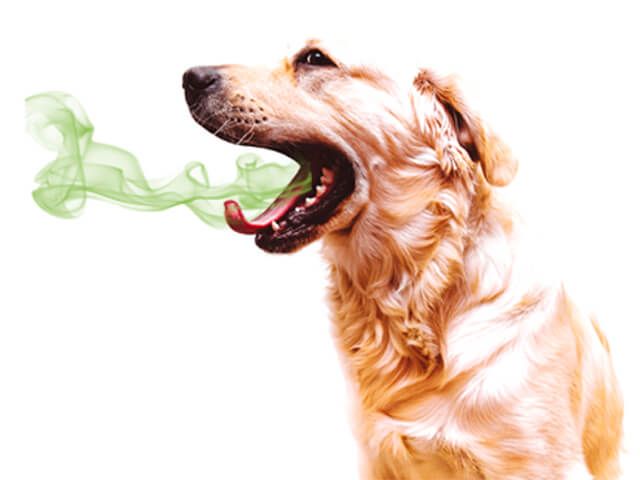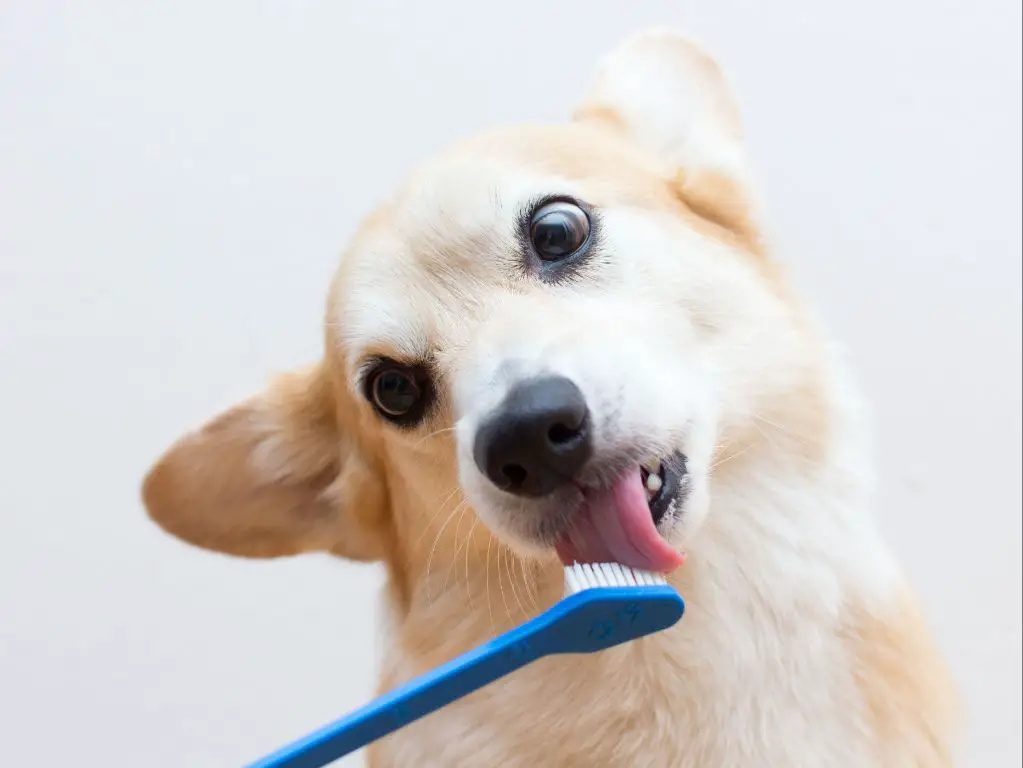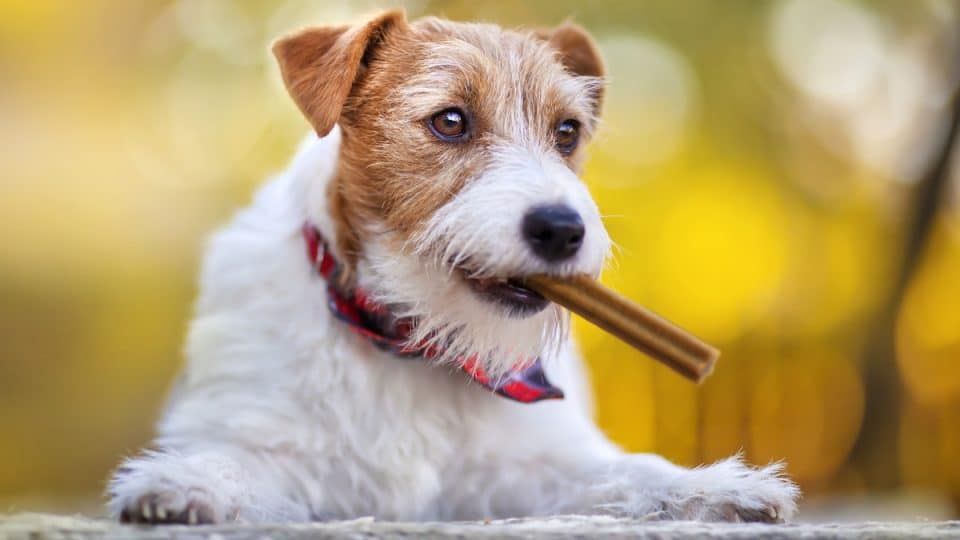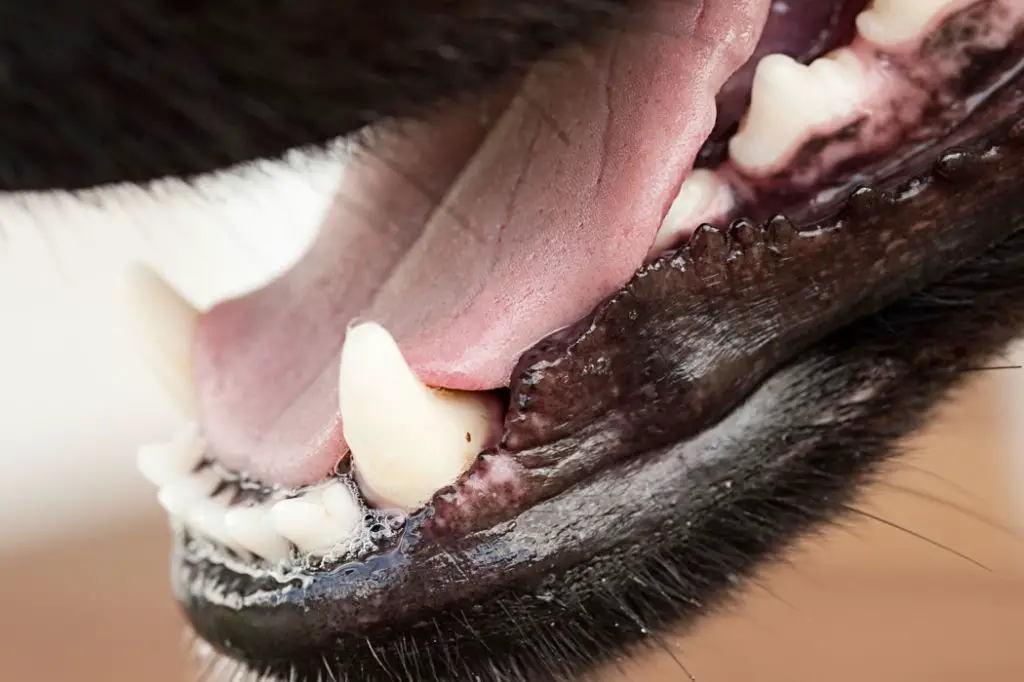Why Your Dog’s Dental Health Matters
Your dog’s smile may be cute, but it hides a serious health issue. Dental disease affects over 80% of dogs by age 3. Left untreated, it can lead to tooth loss, oral pain, and systemic illness. But with proper preventative care, you can help your pup keep their pearly whites for years to come.
In this article, we’ll discuss the importance of canine dental health. You’ll learn how to spot symptoms of dental disease, its potential consequences, and most importantly – how to care for your dog’s teeth at home. While daily brushing is ideal, we’ll also cover alternatives for dogs who won’t tolerate it. After reading, you’ll be equipped to make informed decisions about your dog’s dental care.
So let’s dig in to why healthy teeth matter for your four-legged friend!
Dental Disease in Dogs
Dental disease is extremely common in dogs. According to the American Veterinary Dental College, by age three 80% of dogs show signs of oral disease. The most common dental diseases in dogs include:
Periodontal Disease – This is inflammation and infection of the tissues surrounding the teeth. It’s caused by plaque and tartar accumulation on the teeth. If left untreated, it can lead to tooth loss.
Gingivitis – This is a reversible form of periodontal disease characterized by red, inflamed gums. If gingivitis progresses, it can become irreversible periodontitis.
Tooth fracture – Dogs can fracture teeth through chewing on hard objects. The pulp cavity may become exposed, allowing bacteria to infect the root.
Abscessed teeth – Abscesses form at the root of infected teeth. They are very painful and can potentially spread dangerous bacteria to the bloodstream.
Retained deciduous teeth – Sometimes a puppy tooth fails to fall out as the permanent teeth erupt. Food can become trapped between the two teeth, leading to decay.
Without proper dental care, these dental diseases can cause significant pain, tooth loss, and potentially serious medical conditions in dogs.
Symptoms of Dental Disease
Some of the most common symptoms of dental disease in dogs include:

Bad Breath
One of the earliest signs of dental disease is foul-smelling breath. This is caused by bacteria accumulating on the teeth and gums.
Discolored Teeth
Over time, plaque and tartar can turn a dog’s teeth yellow or brown. The back teeth near the gums are especially prone to discoloration.
Swelling
Inflammation around the gums, known as gingivitis, leads to red, swollen gums. This is a sign of infection and inflammation.
Bleeding Gums
As dental disease progresses, bacteria moves under the gums, causing them to recede, become inflamed and bleed easily.
Consequences of Poor Dental Health
Poor dental health can lead to some serious health issues for dogs. Left untreated, dental disease can be extremely painful and even life-threatening. Here are some of the most common consequences of neglecting your dog’s oral health:
Pain: Tartar buildup, plaque, gum disease, and tooth decay can all cause significant pain for dogs. You may notice your dog hesitating to eat or chew, dropping food, or yelping when you touch their mouth. This level of discomfort is unfair to impose on your pet.
Tooth Loss: Over time, poor dental care results in periodontal disease which destroys the tissues supporting the teeth. This progression can lead to loose, damaged or lost teeth. Missing teeth can impact your dog’s ability to eat and digest food properly.
Infections: Bacteria and plaque buildup can enter the bloodstream through your dog’s gums, causing infections that spread to the heart, liver, lungs and kidneys. This can lead to damage in these organs or even sepsis.
Heart, Lung and Liver Disease: The bacteria from gum infections can cause inflammation in your dog’s major organs, particularly the heart. Research shows that dogs with dental disease are more likely to develop heart conditions like endocarditis and cardiomyopathy.
By taking the time to care for your dog’s teeth and gums at home, you can prevent needless suffering, health risks and expensive veterinary treatments down the road. Don’t wait until you notice a problem to start a dental hygiene routine.
When to Start Brushing
It’s recommended to start brushing your dog’s teeth when they are still young puppies. Puppies have 28 baby teeth that begin to erupt at about 3-4 weeks of age. Brushing should begin as soon as you bring your new puppy home, as early as 8 weeks old.
By starting dental care from such a young age, you get your puppy accustomed to having their teeth and mouth handled. This makes the experience less foreign and stressful compared to trying to start brushing when they are older. It also helps establish a lifelong routine and positive association with dental care.
Try to brush your puppy’s teeth daily if possible. But at minimum, aim for 3 times a week to remove plaque before it hardens into tartar. The earlier you instill these habits, the easier prevention becomes.

How to Brush Your Dog’s Teeth
Brushing your dog’s teeth is easy once you have the right supplies and technique. Here’s what you’ll need:
- A soft-bristled toothbrush made for dogs or a finger brush
- Dog toothpaste – do NOT use human toothpaste
- Treats for positive reinforcement
Start by letting your dog sample the toothpaste so they understand it’s not scary. Gently lift your dog’s lips and brush the outer surfaces of the teeth and gums in small circles using the brush. Work your way around the whole mouth, including the inside surfaces of the teeth. Go slowly and keep sessions short in the beginning, like 30 seconds. Reward with praise and treats. Over time, work up to brushing for 2-3 minutes.
Be patient – it can take dogs weeks or months to feel fully comfortable with brushing. Make it a calm, positive experience with lots of rewards. Consistency is key – aim to brush daily or several times per week. Proper technique and regular brushing can dramatically improve your dog’s oral health.
Alternatives to Brushing
While daily brushing is ideal, there are some alternatives that can help maintain your dog’s dental health if brushing just isn’t feasible.
Dental chews formulated specifically for dogs can help scrape away plaque and tartar as your dog chews. Look for chews made by reputable pet brands that contain ingredients like enzymatic protein, delmopinol, or polyphosphate. Avoid rawhide and other chews that get soft and mushy with chewing, as these can stick to teeth. Rotate different textures and flavors of dental chews to keep your dog interested.

Water additives and gels can also help reduce plaque and freshen breath when added to your dog’s drinking water daily. These contain enzymes and anti-bacterial ingredients that are released into the mouth when your dog drinks. Make sure to change and refill the water bowl frequently.
While chews, gels, and additives can provide some dental benefits, they should not replace regular brushing entirely. Work with your veterinarian to determine if these aids are suitable for your dog’s dental health situation.
Professional Cleanings
While daily brushing can dramatically improve your dog’s oral health, a professional veterinary dental cleaning is still recommended at least annually. During a professional cleaning, your vet will perform a thorough examination of your dog’s mouth, teeth, and gums. They use specialized tools to remove tartar above and below the gumline that has accumulated over time.
Professional veterinary cleanings are important because they allow the vet to identify any issues before they worsen. After a thorough cleaning, the vet can spot periodontal disease, cracked teeth, or other dental problems. Catching these issues early allows for much easier treatment. The vet will also polish the teeth which helps prevent future plaque and tartar buildup.
A professional cleaning removes mineralized plaque that brushing at home cannot. This allows the vet to reach deep below the gumline where periodontal disease often starts. A good yearly dental cleaning can help prevent gingivitis, bad breath, tooth loss, and tooth abscesses in your dog.
Your vet may recommend more frequent dental cleanings for dogs depending on their age and dental health. Older dogs are more prone to rapid plaque and tartar buildup. Talk to your vet about how often your dog needs a professional dental cleaning to maintain good oral health.
Signs Your Dog Needs a Cleaning
There are some clear signs that indicate your dog is in need of a professional dental cleaning by your veterinarian. Be on the lookout for these common symptoms of dental disease:
Bad Breath: Stinky dog breath is not normal. If your pup has chronic bad breath it’s likely a sign of infection and inflammation in the mouth.

Inflamed Gums: Red, swollen, or bleeding gums indicate gum disease. This painful inflammation is caused by plaque buildup spreading bacteria below the gumline.
Tartar Buildup: Accumulation of tartar (hardened plaque) on the teeth leads to infection and tooth decay. Tartar is noticeably yellow or brown and forms most commonly on the outer surfaces of the back teeth.
Schedule a veterinary dental cleaning anytime you observe these symptoms of dental disease in your dog. Professional cleaning is important for treating infection and preventing tooth loss.
Conclusion
Proper dental care is extremely important for your dog’s overall health and wellbeing. Poor dental health can lead to plaque buildup, gum disease, tooth loss, infections, and other medical issues. While daily tooth brushing is the gold standard for preventing these problems, there are alternatives such as dental treats and professional cleanings that can also help.
The key things to remember are to start good dental care habits when your dog is young, look for signs of dental disease like bad breath and reluctance to eat, and take action quickly if you notice any problems. An ounce of prevention is truly worth a pound of cure when it comes to your dog’s teeth. With some effort on your part, you can help ensure your pup maintains a happy, healthy mouth for years to come.